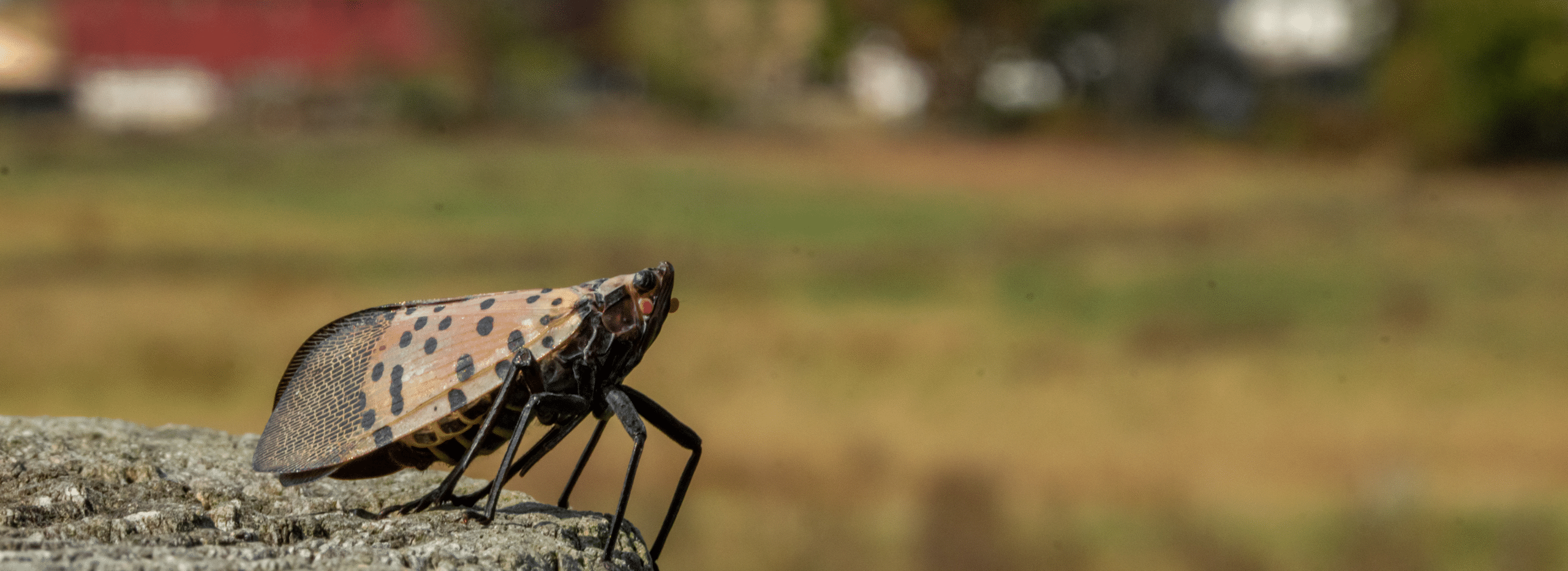Overview
Greenacres Foundation partners with qualified institutions to conduct research in regenerative agriculture and ecological studies. Since 2016, we have provided more than $4.5 million in research grants, with a yearly grant cycle encouraging continual exploration and innovation. This grant program reflects Greenacres’ dedication to cultivating sustainable agricultural practices, broadening ecological knowledge, and supporting the research community in these endeavors.
Eligibility for Funding
Researchers, graduate students, and extension professionals from domestic non-profit (501(c)(3)) organizations are eligible to apply. Proposals should support the Greenacres Mission:
Greenacres will always reflect the style and grace of Louis and Louise Nippert who operated Greenacres as a mid-twentieth century gentleman’s farm from 1948 to 2012.
To preserve for the public an area reflecting the traditional environment of Indian Hill and its historical significance by preserving Greenacres in its current state of woodland and farmland.
To preserve the integrity of all land owned and purchased by Greenacres Foundation in order to encourage conservation and appreciation of nature by providing the public, particularly children, opportunities to study plant and animal life in their natural settings.
To encourage appreciation of music and culture by providing facilities and an atmosphere that will encourage artists to display their talents for all age groups.
Use the links below to learn more about the specifics of each grant program.
Recently Funded Research Projects
- Improving Restoration of Forest Understory: Experimental Deer Exclosure, Invasive Plant Management and Enrichment Planting (Miami University)
- Beef phytochemical/phenol secondary analysis: Enhancing the phytochemical richness of beef by grass-finishing systems (Michigan State University)
- Propagation methods and restoration success of spring ephemerals (Northern Kentucky University)
- Novel monitoring strategies to assess forest recovery processes (Kent State University)
- Long-term effects of co-composted biochar on soil health, crop yields, and greenhouse gas emissions in an integrated crop-livestock system (The Ohio State University)
- Egg phytochemical/phenol secondary analysis: Enhancing the phytochemical richness of eggs with pasture raising systems (Michigan State University)
- Native bee health and population dynamics across agricultural landscapes (The Ohio State University)
- Pecan Silvopasture: Improving soil health for profitable and resilient systems (Noble Research Institute)
- Effects of grazing monoculture versus polyculture pastures on epigenomic and metabolomic traits in US beef cattle (Utah State University)
- Mimicking Nature: Establishment protocols for warm-and-cool-season grass mixtures (The Ohio State University)
Research Updates
Contact Us
Department Director
Chad Bitler



